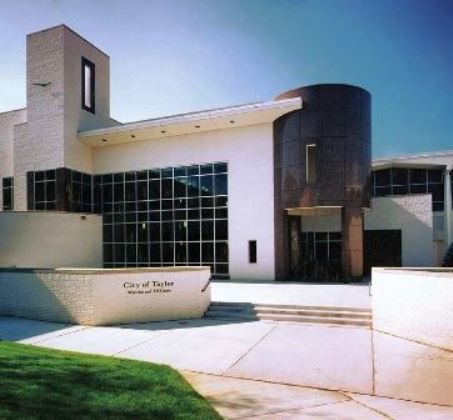(MediaNews Group file photo)
The city of Taylor is in good financial shape based on the findings of a recent audit, which also called attention to the fact that the city still needs to decide how to spend millions of dollars in COVID-related funds.
The audit was conducted by a team from Plante Moran, in cooperation with the city’s Budget and Finance Department, for the fiscal year ending June 30, 2023.
A good measure of any organization’s financial health is to track its unassigned fund balance, often referred to as its rainy day fund.
Taylor’s general fund increased its fund balance by approximately $3.4 million during the fiscal year, which was greater than the planned increase of $1.4 million.
The auditors noted that the $2 million variance was primarily due to actual expenditures being under budget in the following areas: general government, public safety and lower-than-anticipated capital outlay expenditures.
The auditors categorized the city’s fiscal year as “good overall.” During the audit presentation to the City Council in January, Plante Moran representatives said an unassigned fund balance of $13.3 million represents approximately 30% of current-year expenditures, or 129 days of reserves. By last month, those numbers had improved to $16.5 million and $37%.
During the worldwide COVID-19 pandemic Taylor was awarded $11.6 million in American Rescue Plan Act funds. It spent $1.7 million in 2023 and obligated another $2.7 million. It must obligate the remaining $8.9 million by December 2024.
Karl Ziomek, a spokesman for the city, said Taylor is working on acquiring a new Enterprise Resource Planning system with some of the ARPA funds it received.
ERP systems offer software that helps to run an entire organization, whether it’s a business, government or other entity. It supports automation in financing, human resources, manufacturing, supply chains, procurement, etc.
“Our current system is archaic and has caused us many problems, none of which are going to get better if it isn’t replaced,” Ziomek said. “That’s the big-ticket item they are waiting on.”
He said that between 18 months and two years ago, the city’s Budget and Finance Department called for ARPA-related requests, which included various projects. After receiving numerous requests, the department compiled an extensive list of things that can be funded by ARPA.
One caveat that governments are keenly aware of is the fact that ARPA is a one-time payout, which means that funds shouldn’t be used to pay for ongoing expenses, such as employee salaries, or risk potentially serious financial consequences down the road.
Allocated ARPA funds don’t have to be spent by the deadline, but they all need to be obligated by the end of the year.
A few other highlights from the audit include:
•$14 million was invested in community infrastructure.
•$5 million of long-term debt was paid down.
•No new debt was issued.
Similar to many other governmental bodies, Taylor is still rebounding from the Great Recession of 2008, when it comes to taxable value.
Tracking taxable value from 2010 onward, it continued in a downward trend before bottoming out in 2017. Since then, it has increased steadily, but will not meet 2010 thresholds until the end of the decade.
For every taxable dollar, the city claims 46.2%, public schools get 36.6% and Wayne County receives 17.2% of those dollars.















